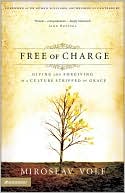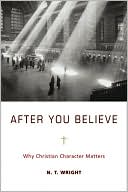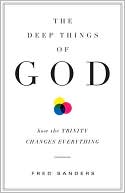" For everything there is a season, and a time for every matter under heaven: a time to be born, and a time to die; a time to plant, and a time to pluck up what is planted; a time to kill, and a time to heal; a time to break down, and a time to build up; a time to weep, and a time to laugh; a time to mourn, and a time to dance; a time to cast away stones, and a time to gather stones together; a time to embrace, and a time to refrain from embracing; a time to seek, and a time to lose; a time to keep, and a time to cast away; a time to tear, and a time to sew; a time to keep silence, and a time to speak; a time to love, and a time to hate; a time for war, and a time for peace. What gain has the worker from his toil? I have seen the business that God has given to the children of man to be busy with. He has made everything beautiful in its time. Also, he has put eternity into man’s heart, yet so that he cannot find out what God has done from the beginning to the end. I perceived that there is nothing better for them than to be joyful and to do good as long as they live; also that everyone should eat and drink and take pleasure in all his toil—this is God’s gift to man. I perceived that whatever God does endures forever; nothing can be added to it, nor anything taken from it. God has done it, so that people fear before him. That which is, already has been; that which is to be, already has been; and God seeks what has been driven away." (Ecclesiastes 3:1-15, ESV)
Life is full of variety. I think that is the point of the Preacher. There is a time to do or not do just about everything. The weariness of life does not come about because we have to monotonously travel the same identical pathways. God has provided various avenues to enjoy. This thought, however, discomforts the Preacher, because a diverse life does not entail a meaningful one And meaning is what men are after. “God has put eternity in their hearts.” That is, although we are all mortal, we still long for immortality and long to know how everything fits into the big picture. But can man ever know the big picture? In all his wisdom, his scholarship, his institutions, his technology, is man able to step one certain step forward into the meaning of it all? The Preacher doesn’t think so. The modern confidence in education, government, politics, and technological advancement is groundless. Man does not have the power in himself to find or make life mean something.
Furthermore, says the Preacher, we want to make a contribution and add something to this world. But if God has made everything, and so everything comes from Him, then nothing can actually be added to what he has already made and planned. In other words, you cannot actually add to God or to His creation. All you can do is participate in it. So the Preacher reluctantly concludes that all the better you can do is enjoy what life you have. I don’t think he says this, at least at his point, with a lot of enthusiasm. His tone is likely more conciliatory, “There nothing else to be done but make the best of this vain, meaningless existence.” This lack of certainty may seem in vogue in these postmodern days. But there is a large difference between the Preacher conclusions and many thinkers today. To the Preacher uncertainty is a weariness to be endured, and not, as many postmoderns seem to think, a joy to be relished









No comments:
Post a Comment